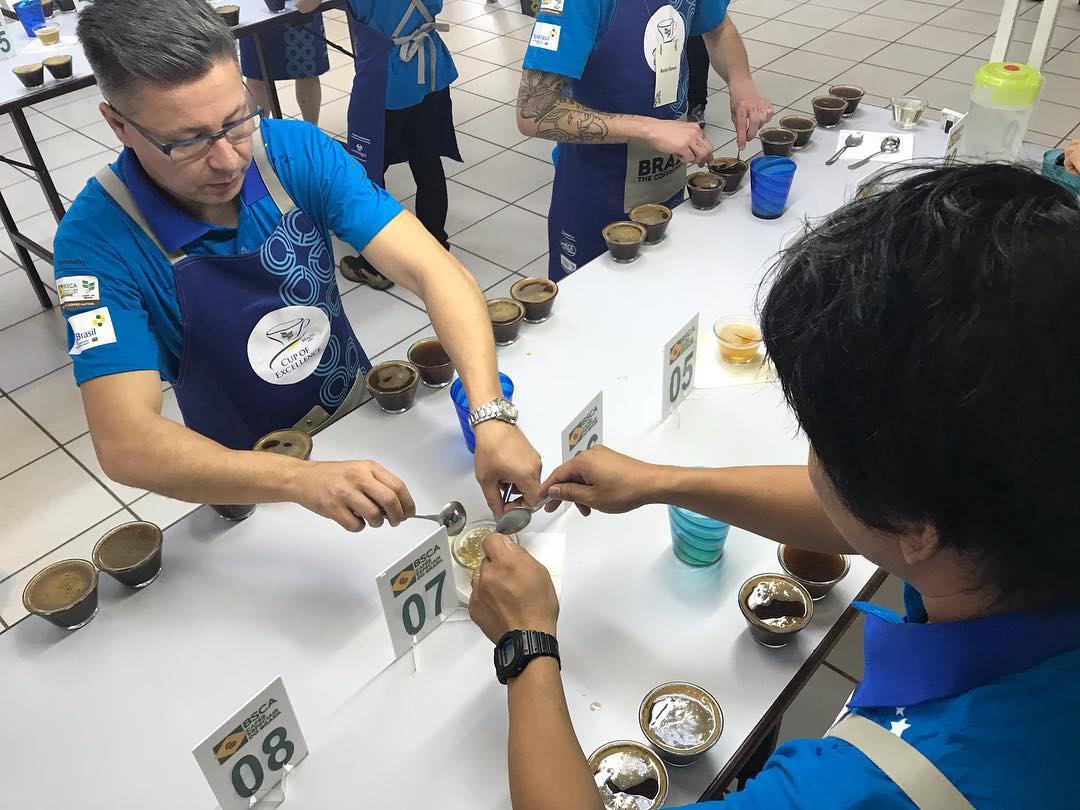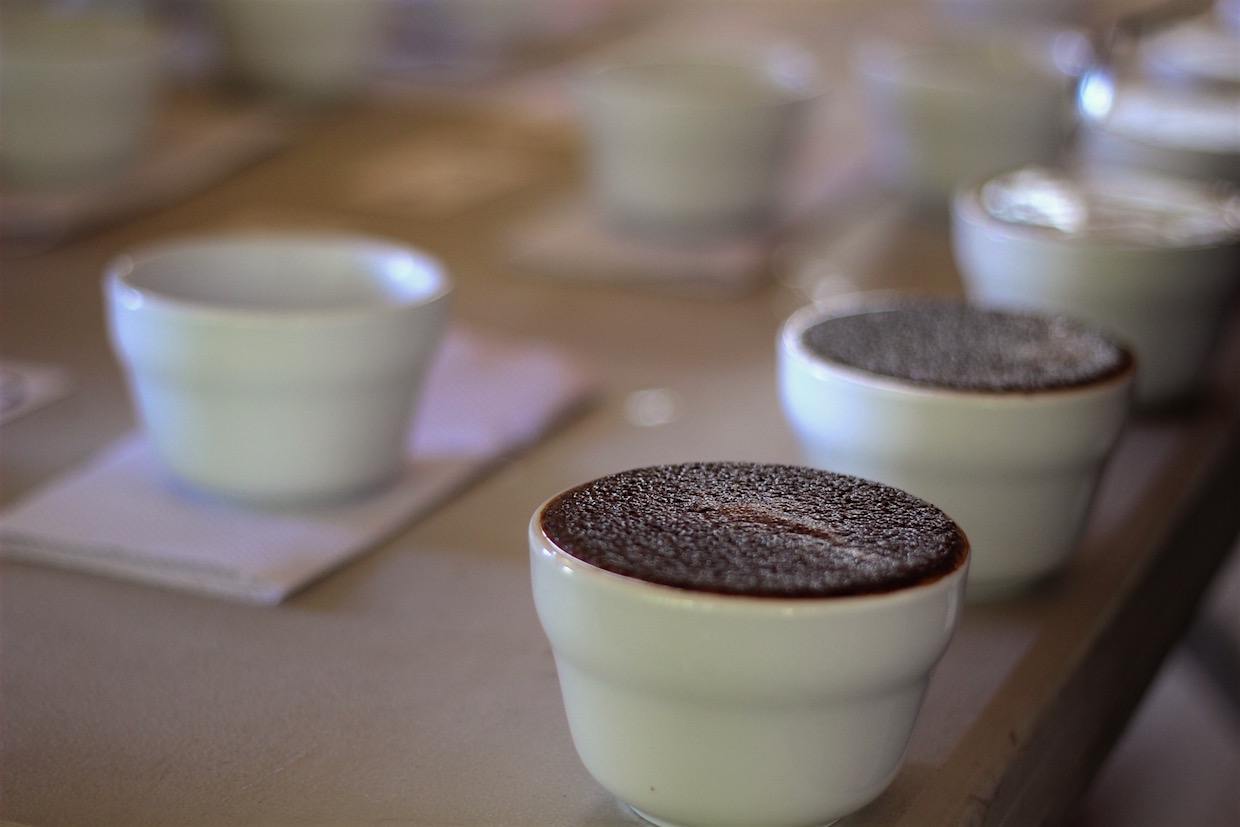As it pushes toward its 20th anniversary, happening later this year, the origin-focused coffee competition and auction program Cup of Excellence is introducing several key rules changes for 2019.
Cup of Excellence, organized by the Portland-based nonprofit Alliance for Coffee Excellence (ACE), has raised more than $60 million in auction revenue over the past 19 years. In 2018, the platform held 12 different auctions in 11 different coffee-producing countries.
ACE Executive Director Darrin Daniel told DCN that the rule changes for 2019 are generally intended to further raise prices for coffees throughout the auction platform, increase total auction revenue and raise the profile of coffees that may still be truly excellent even if they didn’t finish at the very top of a given competition.
“The ultimate goal of the organization is to raise the average weighted price for the whole auction,” Daniel said. “If we can achieve that, we’ll feel good about it, and the countries do, too.”
Toward that end, ACE is raising the minimum score to qualify for the COE auction from 86 to 87. The group actually bumped COE winning scores from 85 to 87 two years ago, before dropping it down to 86 in 2017.
In addition to the new bump up to 87, only 30 coffees will qualify for each COE auction, as compared to the upwards of 40 that some auctions saw last year. Previously, any coffee scoring 90 or above was declared a “Presidential Winner” and was split into two lots for the purposes of the auctions. This year, a maximum of three lots scoring 90+ will be split for the auction.
Beyond the changes affecting the top 30 winners, ACE is also pledging this year to better promote its “National Winners” platform.
This year, all non-COE-winning coffees scoring 85 or above during an international jury week for each competition will be labeled as National Winners, and producers may choose whether or not to participate in the National Winners auction. The recommended opening price for coffees scoring between 85 and 86 will be $3.50 USD per pound, while the recommended price for coffees scoring between 86 and above will be $4.
“The decision was made to maintain the same price in order to keep the National Winner auction appealing to buyers who are not able to participate in the COE auction prices and allows ACE to expand our member base,” the group said in an announcement last week.
In recent years, prices paid for the very top-scoring coffees at COE auctions have reached astronomical heights. At last year’s Costa Rica COE auction, for example, a group of Japanese buyers purchased a honey process Gesha lot for $300.09 per pound, a COE record.
However, ACE remains concerned not with individual coffee purchases, but with auction totals, as it seeks to expand specialty market access for producers who are proving to put forth high-quality and distinct greens.
“I think the really important thing is we’re trying to reduce the size of the auctions to make the prices better for people in, [for example], the 16th position,” said Daniel, adding that for the most part, the trend has been towards increased participation and higher quality from producers. “I don’t know if it’s purely more entrants, or better management — I think processing is hugely important — but there are just some better coffees that are being produced. They’re there.”
Nick Brown
Nick Brown is the editor of Daily Coffee News by Roast Magazine.








Comment